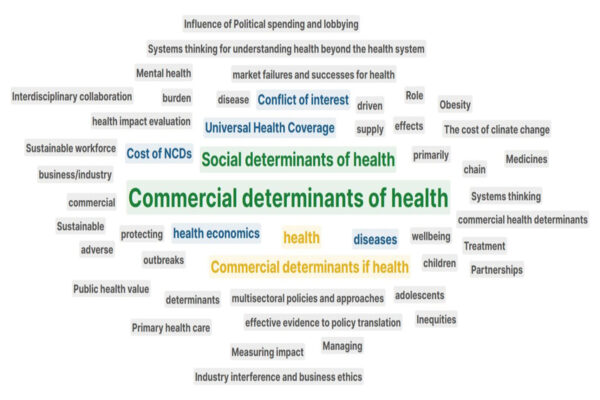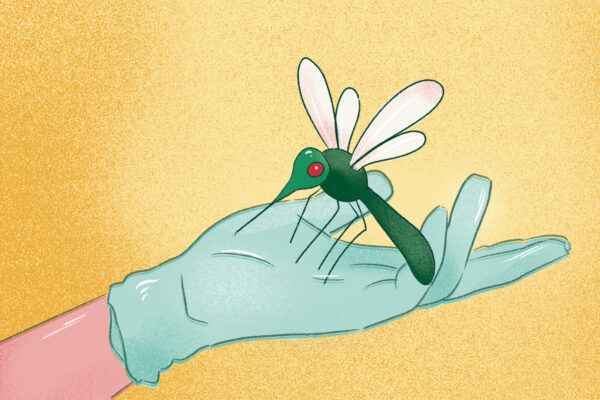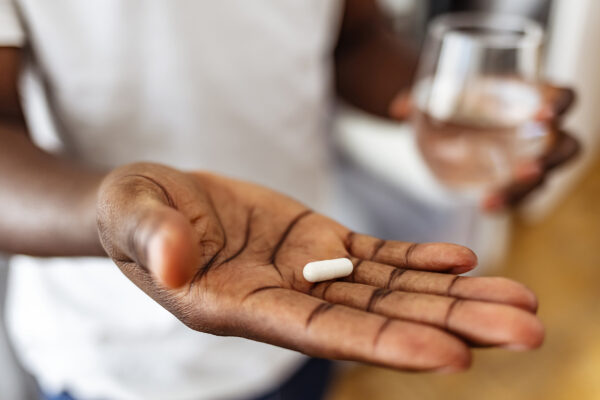New Medicaid policy lab brings data to the debate
As Congress weighs $715 billion in Medicaid cuts, WashU’s new Medicaid Policy Analysis Lab offers timely briefs showing how policy changes impact real people — especially in Missouri.
New FARM grants support research for healthier food, planet
The Food and Agriculture Research Mission at the School of Public Health has launched the Cultivate Grants Fund to spark practical, scalable solutions to improve food systems and public health.
Deans lead international panel on business-public health connections
WashU School of Public Health Dean Sandro Galea, MD, DrPH, and Olin Business School Dean Michael Mazzeo led a two-day dialogue bringing together dozens of experts in academic public health and business from around the world.
Class Acts: Mayah Clayton
Mayah Clayton doesn’t just study public health — she lives it. Through art, action and advocacy, she’s reframing how we see communities and create change.
How researchers can influence policy today
University researchers can play a vital role in shaping policy — when they combine solid science with smart communication, compelling stories and political awareness. WashU policy expert Ross Brownson explains how.
Inactive components in agricultural runoff could contribute to drinking water hazards
A new study from researchers at Washington University reveals the impact of what may be precursors to harmful contaminants in drinking water, formed during water disinfection.
Preparing for future pandemics
Two new grants support efforts at WashU Medicine to design vaccines, drugs for understudied virus families.
Machine learning could help predict adherence to HIV treatment
Researchers at Washington University use data science to improve adolescent compliance with HIV treatments in low-resource areas.
Refugees define success on their own terms, study finds
Refugees resettled in the U.S. often define success in ways that go far beyond economic self-sufficiency, according to a new study co-authored by WashU researchers. The study challenges long-held assumptions about what makes resettlement successful in the U.S.
Faculty selected for global health leadership program
Jessica Backman-Levy (left), at the Brown School, and Beryne Odeny, MD, PhD, at the School of Medicine, have been selected to participate in a yearlong program aimed at advancing women into senior leadership positions in global health.
Older Stories









